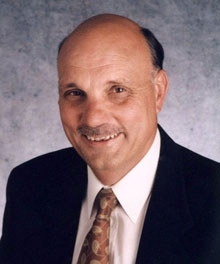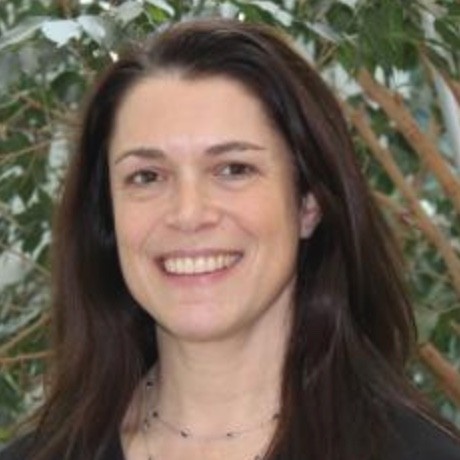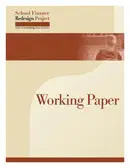In this working paper, Michael Kirst suggests that a productive education system would focus relatively greater resources on out-of-school interventions, especially for the most disadvantaged children.
He argues that such interventions could help teachers and students focus on instruction and actually increase student learning. This could be accomplished with social service funds now available for children but normally used in disconnected ways by bureaucracies that have no responsibility for learning. A “community school” would spend private and public social service funds on many ancillary services that schools now try, but cannot afford, to provide. Students would, he predicts, both gain access to more appropriate community services and learn at higher rates.





